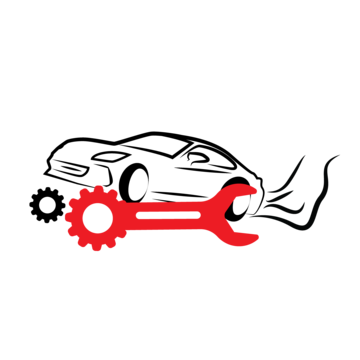If you enjoy fixing cars yourself or want to save money on repairs, having the right tools is essential. While you don’t need to buy every tool in the mechanic’s arsenal, a solid starter kit will equip you for most DIY car repairs and maintenance. In this blog post, we’ll discuss the top seven tools every DIY car mechanic should have in their toolbox.
1. Socket Set
A socket set is one of the most important tools you’ll need for car repairs. It allows you to remove and tighten bolts of various sizes, which is essential for tasks like changing the oil, removing wheels, and even working on the engine. Look for a set that includes both metric and standard sockets, and make sure it comes with a ratchet for quick adjustments.
2. Jack and Jack Stands
When working on your car, especially underneath it, you’ll need a reliable jack and jack stands. The jack lifts the car, while the jack stands provide stable support. Never rely solely on a jack to hold your car up—it’s unsafe. A good hydraulic floor jack is quick and easy to use, while sturdy jack stands will keep you safe while you work.
3. Wrench Set
A good set of wrenches is another essential for car repairs. Wrenches come in handy for loosening and tightening nuts and bolts, particularly in tight spaces where a socket might not fit. Like your socket set, make sure to have both metric and standard sizes. Combination wrenches, which feature an open-end wrench on one side and a box-end wrench on the other, offer versatility.
4. Screwdrivers
A set of screwdrivers is a must for any car enthusiast. You’ll need both flathead and Phillips-head screwdrivers in various sizes to handle everything from removing interior panels to working on the engine. Magnetic-tipped screwdrivers can be particularly helpful for retrieving screws that fall into hard-to-reach places.
5. Pliers and Wire Cutters
Pliers are versatile tools that can grip, twist, pull, and cut. Needle-nose pliers are great for reaching tight spots, while standard pliers offer a better grip for larger tasks. Wire cutters are also important for dealing with electrical repairs or cutting metal wires.
6. Torque Wrench
A torque wrench ensures that you tighten bolts to the correct specifications, which is crucial for jobs like installing wheels or working on the engine. Over-tightening or under-tightening bolts can lead to serious issues, so investing in a quality torque wrench will ensure you’re applying the right amount of force.
7. OBD-II Scanner
An OBD-II scanner is a diagnostic tool that allows you to read the trouble codes from your car’s computer. When your check engine light comes on, the OBD-II scanner can tell you what’s wrong with your vehicle. This tool is invaluable for diagnosing issues and deciding whether you can fix them yourself or need to visit a mechanic.
Conclusion
Having the right tools can make all the difference when it comes to DIY car repairs. With these seven essential tools, you’ll be well-equipped to tackle most common car issues. Building your toolkit is an investment that will pay off by saving you time and money in the long run.

